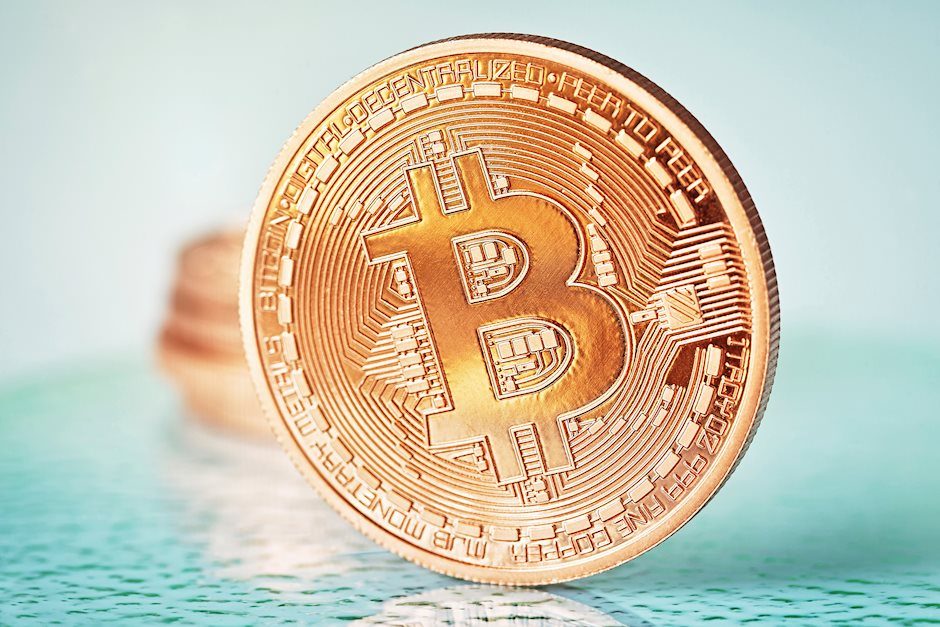El Salvador Commerce Secretary: Bitcoin won’t replace dollar

Miguel Kattán, a member of President Nayib Bukele’s cabinet, sought to reassure Salvadorans fearful of a full pivot to a bitcoin standard.
El Salvador’s proposed embrace of bitcoin would not end dollarization in the Central American economy, top government officials said, addressing concerns raised by citizens confused about the plan.
“The dollar will continue to be the legal tender in El Salvador. Operations can be done with bitcoin – obviously related to its value in dollars.” Miguel Kattán, El Salvador’s secretary of Commerce and Investment, said in remarks covered by local newspaper El Mundo on Monday.
Providing the most in-depth look yet at President Nayib Bukele’s plan to grant bitcoin legal tender status, Kattan said the still-under-wraps bill would create an opt-in bitcoin economy where the dollar, El Salvador’s official fiat since 2001, remains supreme.
Kattán explained during a Central Bank press conference, the first to address Bukele’s surprise Saturday announcement televised at the Bitcoin 2021 conference in Miami, that goods will remain dollar-denominated in El Salvador. A tomato that costs 20 cents, for example, will still cost 20 cents, even among sellers that accept bitcoin.
He sought to reassure Salvadorans fearful of a full pivot to a bitcoin standard. Radical social media prognostications of an economy where goods are priced in satoshis will never come to pass, he said.
#EnVideo | Miguel Kattan, secretario de Comercio e Inversión da algunos detalles sobre cómo sera la adopción de bitcoin en El Salvador.
— Diario El Mundo (@ElMundoSV) June 7, 2021
Vía @josbarrera pic.twitter.com/uCym16e1c5
The possibility of such a future had sparked pockets of confusion on social media, according to local journalist José A. Barrera.
“Until Saturday very few people knew about cryptocurrencies” in El Salvador, he said in Spanish over a series of Twitter direct messages with CoinDesk. “Let’s say it is not a popular topic.” But it began consuming Salvadorans’ online discourse almost at once.
“In social networks and discussions, people associate or think that they [would] have to have bitcoins” once the bill becomes the law.
The discrepancy between the bitcoin price (over $30,000) and their country’s sub-$300 a month minimum wage has only deepened the confusion, he said. (Bitcoin is divisible to the eighth decimal, making it possible to buy a fraction of a coin, but this is not always obvious to people unfamiliar with the cryptocurrency.)
For this reason, Barrera said, “it’s no coincidence” the government’s first official word on Bukele’s surprise announcement includes a promise “that bitcoin will not replace the dollar.”
“What the Law will say, at the end of the day, is that you can pay – if the person charging accepts Bitcoin and if the person paying wants to pay – using Bitcoin,” Kattán said during the press conference.
Even so, Kattán said the bill would recognize bitcoin as legal tender in El Salvador. The bill would also come with protections against money laundering, he said.
Kattán said bitcoin presents El Salvador with a growth opportunity. He pointed to the success of a community known as “Bitcoin Beach” where hotels, shops, restaurants and even the water utility accept bitcoin over the low-cost Lightning network.
“There is no difference from what we have today,” Kattan said. For consumers and merchants, “their relationship will always be with the dollar.”
Barrera said bitcoin is “probably” viable in El Salvador as many residents are already plugged into the digital economy.
“But we will have to wait to know what conditions the bill will have, which will surely pass as proposed by Nayib Bukele,” he said.
Author

CoinDesk Analysis Team
CoinDesk
CoinDesk is the media platform for the next generation of investors exploring how cryptocurrencies and digital assets are contributing to the evolution of the global financial system.




